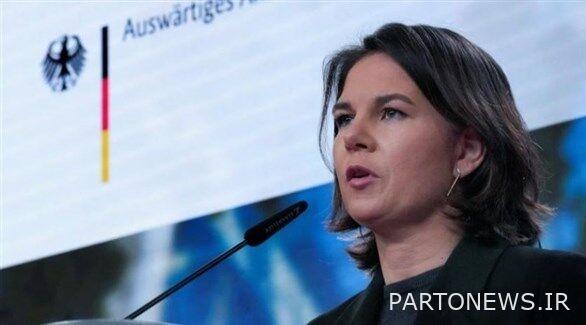Germany opposes payment of gas imports from Russia in rubles

According to IRNA on Saturday from Newsweek weekly; German Chancellor Olaf Schultz has previously opposed Russian President Vladimir Putin’s request to pay for gas supplies in Russian currency.
Schultz said the reason for rejecting the request was the payment of gas prices in euros or dollars in contracts between the two countries.
Analysts believe Putin’s call for a return to the ruble, which has fallen following the Russia-Ukraine war and Western economic pressure on Moscow.
About 45% of EU gas imports come from Russia.
Although Berlin has not boycotted energy imports from Russia, it has hit the country’s economy by delaying the start of the Stream 2 gas pipeline.
According to Bloomberg, Italy also opposed the payment of gas imports from Russia to the ruble, and the minister’s economic adviser to the prime minister said that Moscow wanted to weaken European sanctions by asking for a price for gas exports in rubles.
Italy is the second largest buyer of Russian gas.
German Economy Minister Robert Hobek, Russia’s largest gas buyer, also said that paying in rubles was a breach of contract and that his country would discuss with its European partners how to respond.
The reaction of European officials comes as the Russian president announced on Wednesday that he had instructed the central bank and the cabinet to change the course of trade with Europe from the dollar and the euro to the Russian ruble within a week.
Referring to the seizure of $ 300 billion in Russian foreign exchange and gold reserves, Putin described the move as a sign of the countries’ failure to live up to their obligations to Russia. They confiscated. These countries actually caused distrust in their currency.
Just one day after the Russian president ordered the central bank to establish a mechanism to receive rubles for natural gas within a week, gas prices rose by more than 30 percent.
On February 21, the Russian president acknowledged the independence of the Donetsk and Luhansk People’s Republics in the Donbas region, criticizing the West’s indifference to Moscow’s security concerns.
Three days later, on Thursday, March 26, Putin launched a so-called “special operation” against Ukraine, turning tense Moscow-Kiev relations into a military confrontation. Conflicts in Ukraine and reactions to Russia’s actions continue.

